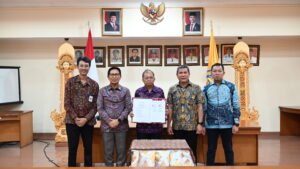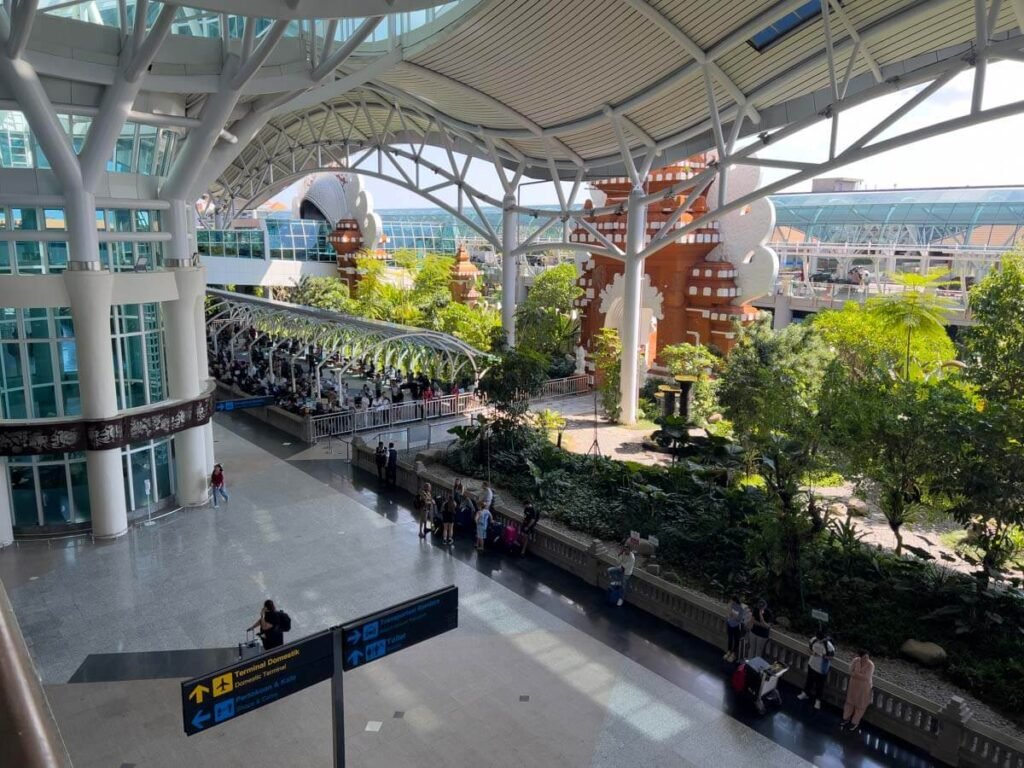
BPMI of Presidential Secretariat/ President Prabowo Subianto and President of the European Council António Costa, Sunday (07/13), at the Europa Building, in Brussels, Belgium.
President Prabowo Subianto has confirmed that the Indonesian government will allow foreign hospitals and universities to operate within the country. The statement was made during his meeting with European Council President António Costa in Brussels, Belgium, on Sunday, July 13, 2025.
“In the past two years, we have allowed foreign participation in many sectors, and now, we are doing the same in healthcare. Any health institution abroad can open a branch in Indonesia. We have allowed foreign hospitals to open in Indonesia,” the president told Costa in Brussels.
This announcement is seen as a strategic move that could benefit both Indonesia and the European Union, particularly in the context of a potential Indonesia-EU Comprehensive Economic Partnership Agreement (CEPA). If CEPA is finalized, European hospitals would be permitted to establish branches in Indonesia.
Improving Access to Quality and Affordable Care
Minister of Health Budi Gunadi Sadikin explained that the decision to allow foreign hospitals is intended to provide Indonesian citizens with access to high-quality healthcare services at more affordable prices. According to the Minister, many Indonesians currently travel abroad for medical treatment due to perceived shortcomings in local healthcare facilities.
By opening the healthcare market to foreign investment, the government hopes to reduce outbound medical tourism and increase domestic options for quality care.
“The president wants foreign hospitals to operate in Indonesia, to invest here, in order to prioritize the health of the people,” he told the press after meeting with Commission IX of the Indonesian House of Representatives (DPR RI) at the Parliament Complex in Jakarta
Legal Basis for Foreign Hospital Entry Already in Place
Although Prabowo’s remarks have generated attention, the legal foundation for foreign hospitals to operate in Indonesia is not new. Presidential Regulation Number 49 of 2021 on Investment Business Fields already lists hospitals as open to foreign investment.
Additionally, Ministerial Regulation Number 1 of 2023 on the Operation of Hospital Businesses in Special Economic Zones (KEK) further supports the entry of foreign healthcare providers. These regulations allow for the establishment of foreign-invested hospitals in designated economic zones, subject to Indonesian law.
Expert Urges Focus on Quality, Accessibility, and Human Resources
Health policy expert and Director of the Postgraduate Program at YARSI University, Tjandra Yoga Aditama, emphasized that the entry of foreign hospitals must come with certain safeguards. He outlined three key considerations for the government.
First, foreign hospitals must contribute meaningfully to the improvement of healthcare services for all social groups and not engage in discriminatory practices. Second, they must not exclusively cater to specific economic classes or social segments. Third, the quality and availability of human resources at both foreign and domestic hospitals must be carefully maintained.
Tjandra, who previously served as Director of Communicable Diseases at the World Health Organization’s Southeast Asia Regional Office, added that the presence of foreign hospitals should not come at the expense of standards in existing national healthcare facilities.
Next Steps in Policy Implementation
The move to allow foreign hospitals to operate in Indonesia aligns with broader goals of healthcare reform and international economic cooperation. While discussions regarding CEPA with the European Union are ongoing, the legal framework for foreign hospital entry is already in effect under existing presidential and ministerial regulations.
Further implementation will likely focus on ensuring that foreign hospital investments meet national standards and contribute to improving the overall healthcare ecosystem in Indonesia.









